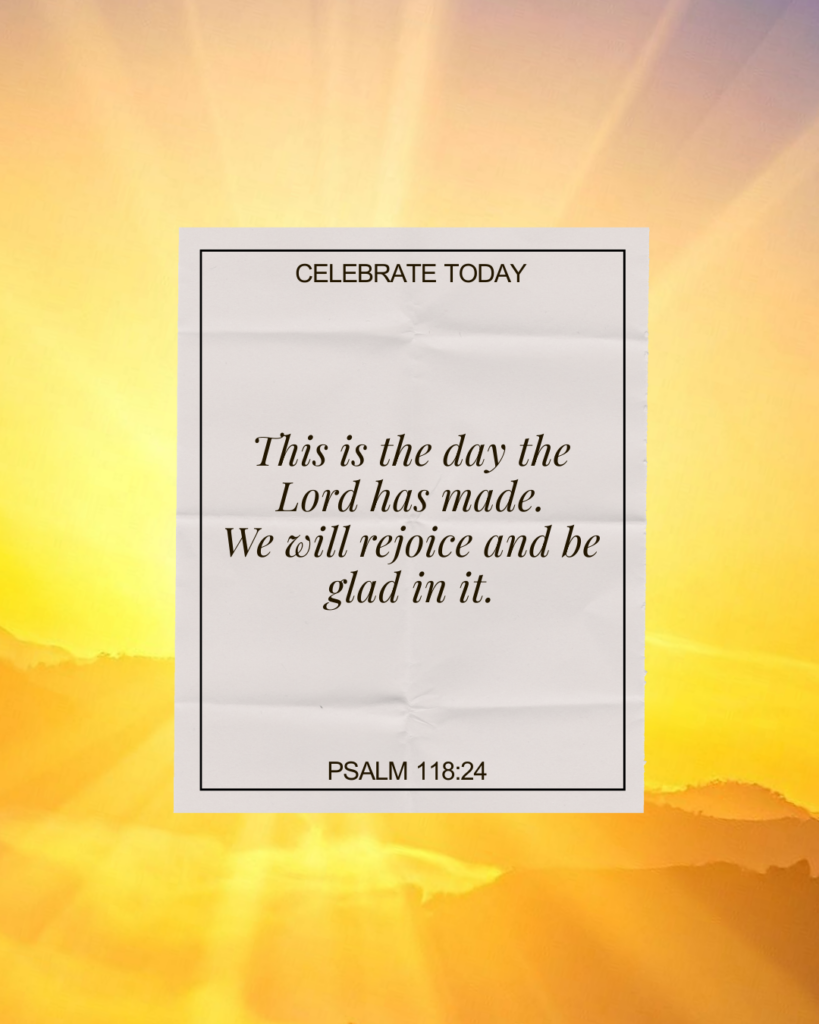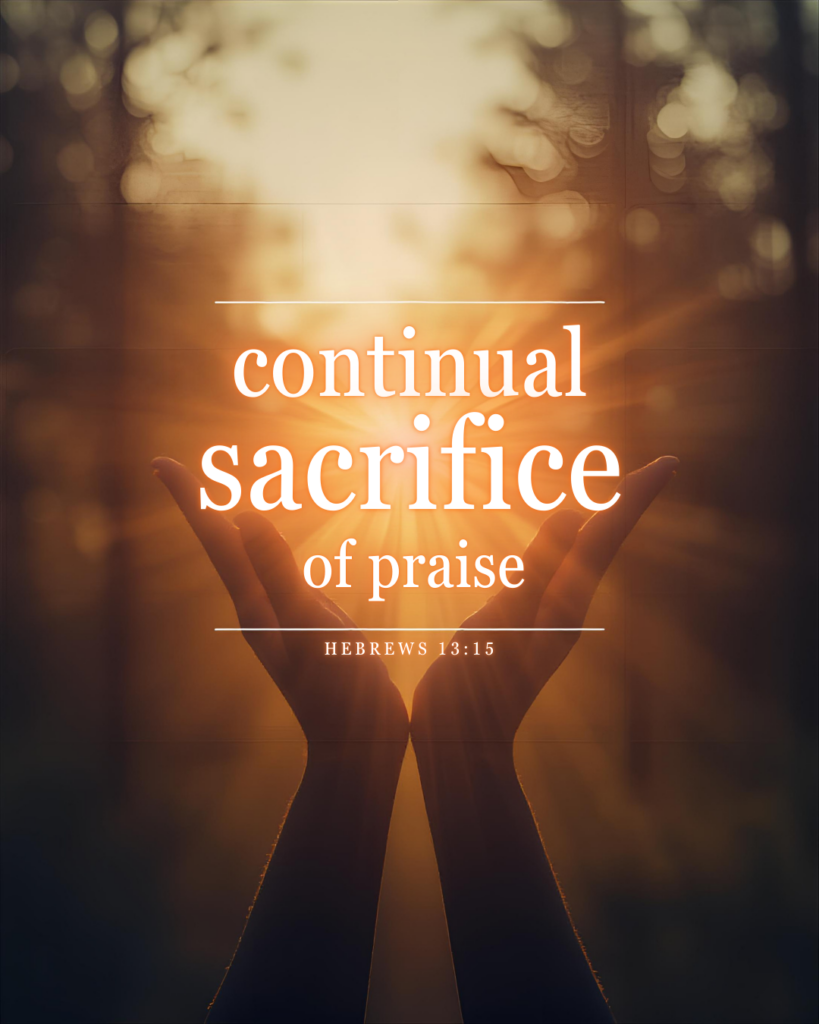Two-minute read.

Many people hate their jobs, dreading going to work. But the Lord wants us to work as for Him, giving dignity to whatever task we do. Ron and I served on the church janitorial team for several years. Between services, we cleaned the bathrooms, restocked the toilet paper, towels, and mints, and emptied the trash. We LOVED our jobs. Every time I filled the mints, I would pray for the people who would eat them, asking God to draw them closer to Him and let them discover the transformational relationship Jesus offers. A thankless job, we did it as unto the Lord, and we loved every minute of it.
Wherever God places you, whatever task He gives you, it has a purpose. Cleaning the bathrooms met a basic need, but it had a purpose. Every church wants people to feel welcome, and a clean restroom helps them do so. S. Truett Cathy, founder of Chick-fil-A, relied on the golden rule in his business practices. Years ago, I heard a sermon illustration about him. Using the restroom at a competitor’s business, he wiped the counters and picked up trash from the floor, witnessed by a colleague. Living by his motto, Mr. Cathy led by example, reflecting his lifelong motto: “We’re here to serve you.” S. Truett turned a menial task into a purposeful one that spoke volumes about his character.
Life has many unpleasant tasks, often ones we do in the workplace. But when we turn those chores into acts of service to the Lord, we find the deeper meaning in life. Bringing coffee to a co-worker lightens their day. Getting the paperwork correct on someone’s purchase, insurance claim, or health issue means the world to them, even though it may seem mundane to you. Teaching children impacts the future of our world, one letter at a time. Instructors open up possibilities to the young. Truck drivers deliver food and necessities, and construction workers build shelter. And writers for Christ, God willing, draw people to the Savior. Every task has meaning and purpose when we do it for the Lord.
Ask God for a new perspective on the things you don’t like to do, whether work or at home; we all have unpleasant tasks. But when we begin to work as unto the Lord, our viewpoint will change, and our efforts will have divine meaning. Cleaning a toilet may seem mundane, but for the lost soul seeking shelter, it welcomes them and meets their needs. Everything matters to the Savior, and with Him, we will find our purpose.
Journal Questions:
What task or job do you like doing the least?
How can you begin to work as if unto the Lord?
What gives you a sense of purpose and meaning?
Application:
Thank God for your responsibilities.









